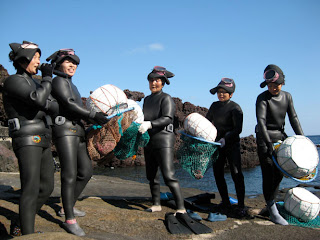Elijah (left, with Amigo Cactus man) is, as stated in a previous post, my oppa, which means older brother. He’s been here two years already and his students love him. He’s the responsible one of the group (because there has to be one) who reminds of things like using our inside voices on public transportation and that it’s not dignified to run in public in Korea.

Ashley (right, tolerant) is my eunni(older sisters) and our American celebrity. She tall and strawberry blonde, and I can’t go anywhere with her without seeing at least a dozen Korean men openly staring or raising their hand in a measuring gesturing above their own head. Also, she’s my font of knowledge on all things K-Pop and boy-bands.
Adam (left, tall) is another of the Dutch folk, and therefore almost too tall for the Korean people to fathom. He’s on his second year here at Kosin, and (unrelatedly) has fantastic taste in books and movies. His most recent recommendation—Taeguki(pretty much the Korean Private Ryan)—was excellent and I, too, thoroughly recommend it.

Lee (right, stunned to find himself in Korea) is the newest addition, arriving about 2 weeks after I did. He’s as pale as the Dutch tend to be, but not nearly as tall. A business major, but a music nerd, Lee is my go-to if I need someone to talk sports or music.
Unpictured is Hanna:
Hanna is my student assistant and resident Korean teacher. She taught me how to say “you dirty f***ing slut-whore” in our first lesson! In her defense, she was only trying to teach me how to say “girl” But when I tried to say it and she covered her face with both hands and gasped, I forced her to explain what I had just said. You know, just so I’d never say it again on accident or something.
 |
| Scenic bathroom break |
 |
| Midwestern style dies hard. |
 |
| Korean Mickey with cactus ears! |
 |
| Kosin only hires the best. |




























